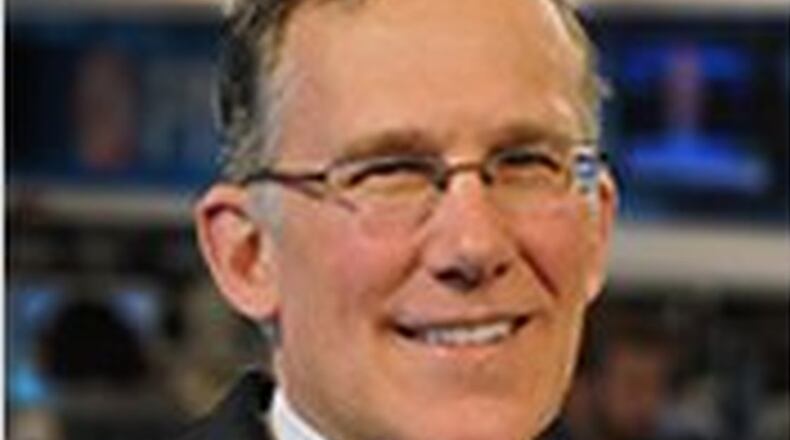Faucher will be in Dayton today with Greg Valliere, chief global strategist at Horizon Investments. The two will talk with PNC clients at a private meeting, focusing on the election and its implications for the national and regional economies.
“I think we’re seeing very different policies from the candidates,” he said. “So the implications for the election are I think larger this time around. There’s a lot of uncertainty.”
That uncertainty extends to immigration and trade policies, policies that can make a difference not just nationally but locally, he said.
The Dayton area’s labor force has shrunk somewhat in the past decade, falling from about 407,000 people in 2006 to about 388,000 people this year, according to Bureau of Labor Statistics numbers.
That number may have shrunk due to working-age people moving from the area as well as Baby Boomer retirements, he said.
“Immigration has been a large part of labor force growth in the United States, so if we see significantly reduced levels of immigration, that means the labor force will grow more slowly,” he said. “I think that’s a particular concern in an area like Dayton.”
Dayton has a “fair amount” of manufactured exports, he added. Trade restrictions or a “trade war” could harm companies reliant on exports, he said.
“On the other hand, there are industries in Dayton who could benefit from trade restrictions, steel manufacturing and so forth” Faucher said, referring to AK Steel Corp., which has a steel plant in Middletown and a headquarters in West Chester Twp.
If Democratic nominee Hillary Clinton is elected, higher taxes, limits on greenhouse gas emissions and other possible policies create their own concerns, he said. Also, policies affecting defense spending are very relevant to Dayton, home to nearby Wright-Patterson Air Force Base, the state’s largest single-site employer, he observed.
“There is a fair amount of uncertainty about what policies are going to be enacted, depending on who wins,” Faucher said.
Long-term, a lack of younger, skilled workers is a concern for the Dayton area, he said.
Richard Stock, director of the University of Dayton’s Business Research Group, said that while the labor force in Dayton has shrunk, he does not see an inordinately large number of working -age men — men ages 25-54 — dropping out of the work force.
About the Author

